Upcoming MOOC makes sense of climate science denial
Posted on 21 September 2014 by John Cook
In collaboration with The University of Queensland, Skeptical Science is developing a MOOC, or Massive Online Open Course, that makes sense of climate science denial. The Denial101x MOOC will launch in March 2015 on the EdX platform. Registration has just opened so you can now register for free. Here is a description of the MOOC:
Denial101x: Making Sense of Climate Science Denial
Climate change is real, so why the controversy and debate? Learn to make sense of the science and to respond to climate change denial.
About this Course
In public discussions, climate change is a highly controversial topic. However, in the scientific community, there is little controversy with 97% of climate scientists concluding humans are causing global warming.
- Why the gap between the public and scientists?
- What are the psychological and social drivers of the rejection of the scientific consensus?
- How has climate denial influenced public perceptions and attitudes towards climate change?
This course examines the science of climate science denial.
We will look at the most common climate myths from “global warming stopped in 1998” to “global warming is caused by the sun” to “climate impacts are nothing to worry about.”
We’ll find out what lessons are to be learnt from past climate change as well as better understand how climate models predict future climate impacts. You’ll learn both the science of climate change and the techniques used to distort the science.
With every myth we debunk, you’ll learn the critical thinking needed to identify the fallacies associated with the myth. Finally, armed with all this knowledge, you’ll learn the psychology of misinformation. This will equip you to effectively respond to climate misinformation and debunk myths.
This isn’t just a climate MOOC; it’s a MOOC about how people think about climate change.
Our MOOC features presenters from 10 universities or colleges in 4 countries:
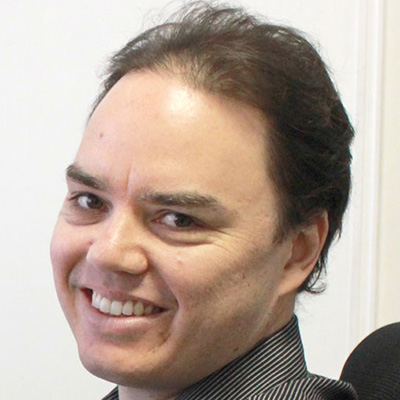 |
John Cook University of Queensland Australia |
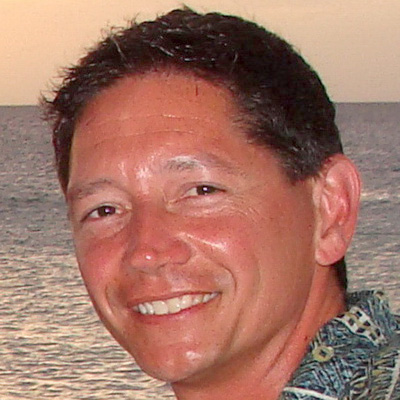 |
Scott Mandia Suffolk County Community College USA |
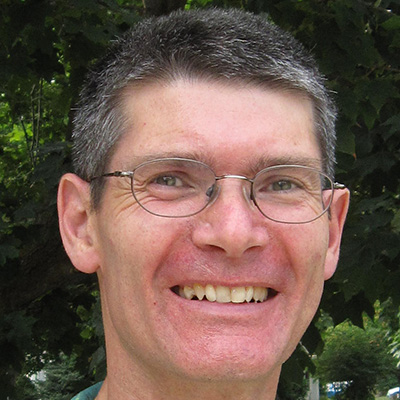 |
Daniel Bedford Weber State University USA |
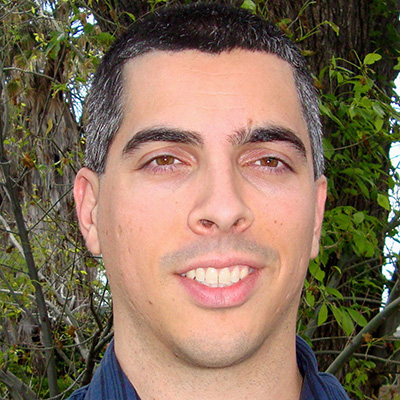 |
Dana Nuccitelli Tetra Tech, Inc USA |
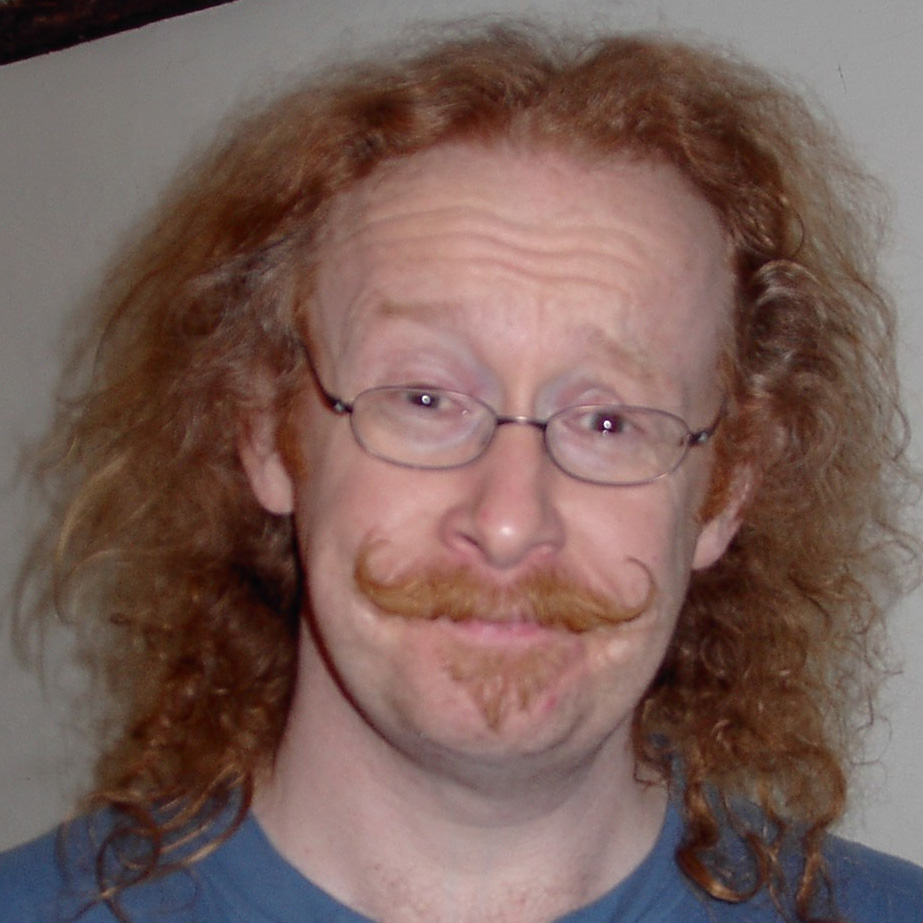 |
Gavin Cawley University of East Anglia UK |
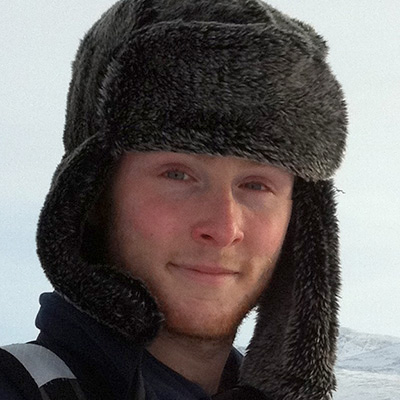 |
Mark Richardson University of Reading UK |
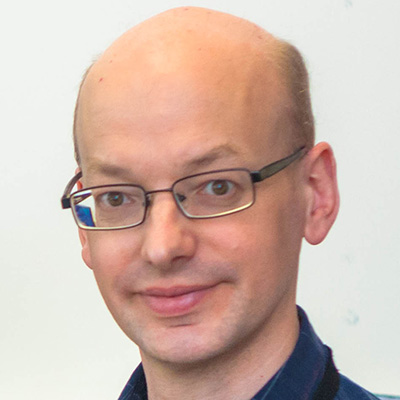 |
Kevin Cowtan University of York UK |
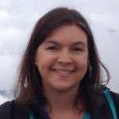 |
Keah Schuenemann Metropolitan State University of Denver USA |
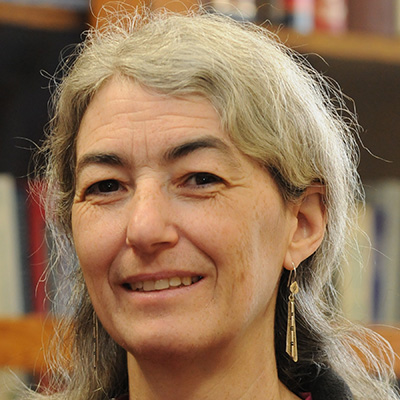 |
Sarah Green Michigan Technological University USA |
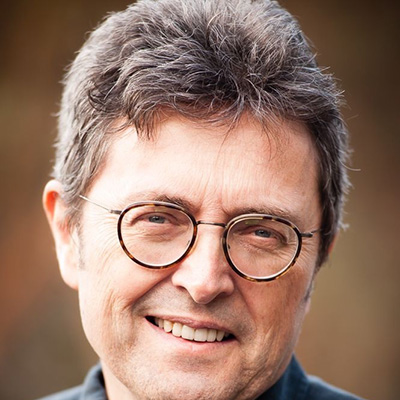 |
Andy Skuce Salt Spring Consulting Ltd Canada |
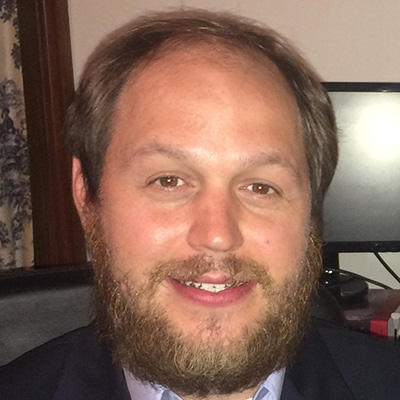 |
Peter Jacobs George Mason University USA |
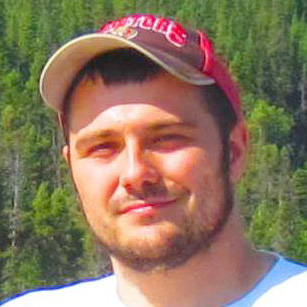 |
Robert Way University of Ottawa Canada |
I've just spent the last week traveling across England, recording the Denial101x lectures by our UK presenters. Here are some shots of the MOOC development in action:
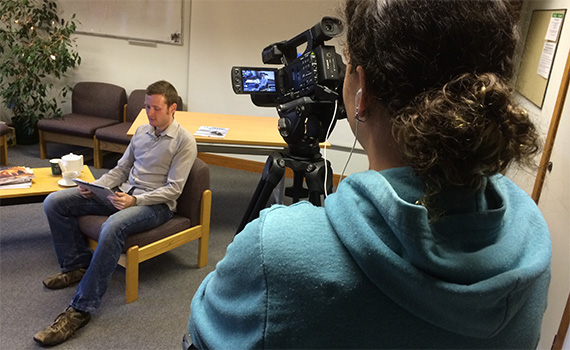
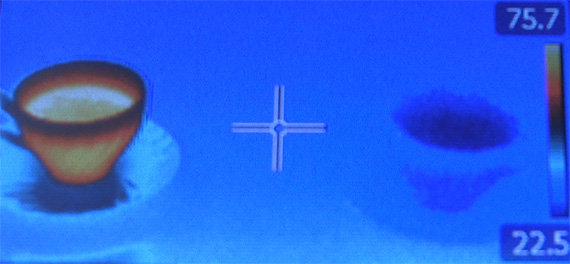
Mark Richardson from the University of Reading explains the greenhouse effect in the only way an Englishman can: using cups of tea.
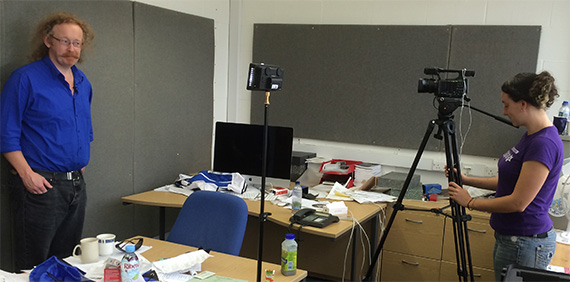
Gavin Cawley from the University of East Anglia fights myths about the carbon cycle, while his moustache fights gravity.
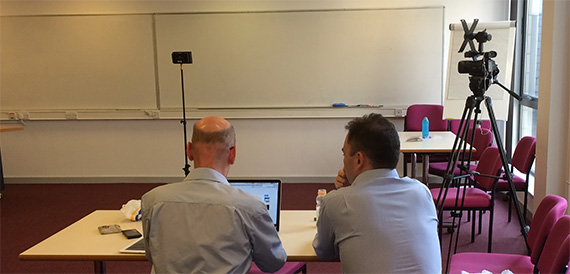
Kevin Cowtan from the University of York, and myself, deliberate over the wording of his lecture. Or perhaps we're just watching his Arctic sea ice bucket challenge.
The short URL of the Denial101x MOOC for sharing is http://sks.to/denial101x































 Arguments
Arguments






















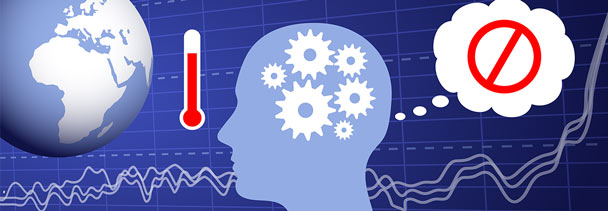









Good luck with the course.
Yet another great project from Skeptical Science!
Not to be pedantic or anything, but at least on my browser (Safari, but Firefox shows this as well), the box in the upper right part of the page spells "enroll" with only 1 l.
SteveS - enrol is the accepted spelling probably everywhere outside of the USA.
This course looks like it will be very useful.
Does this course discuss the value of presenting solutions to climate change such as Cap & Trade or Fee and Dividend (as proposed here www.ccl.org.au) when describing the problem?